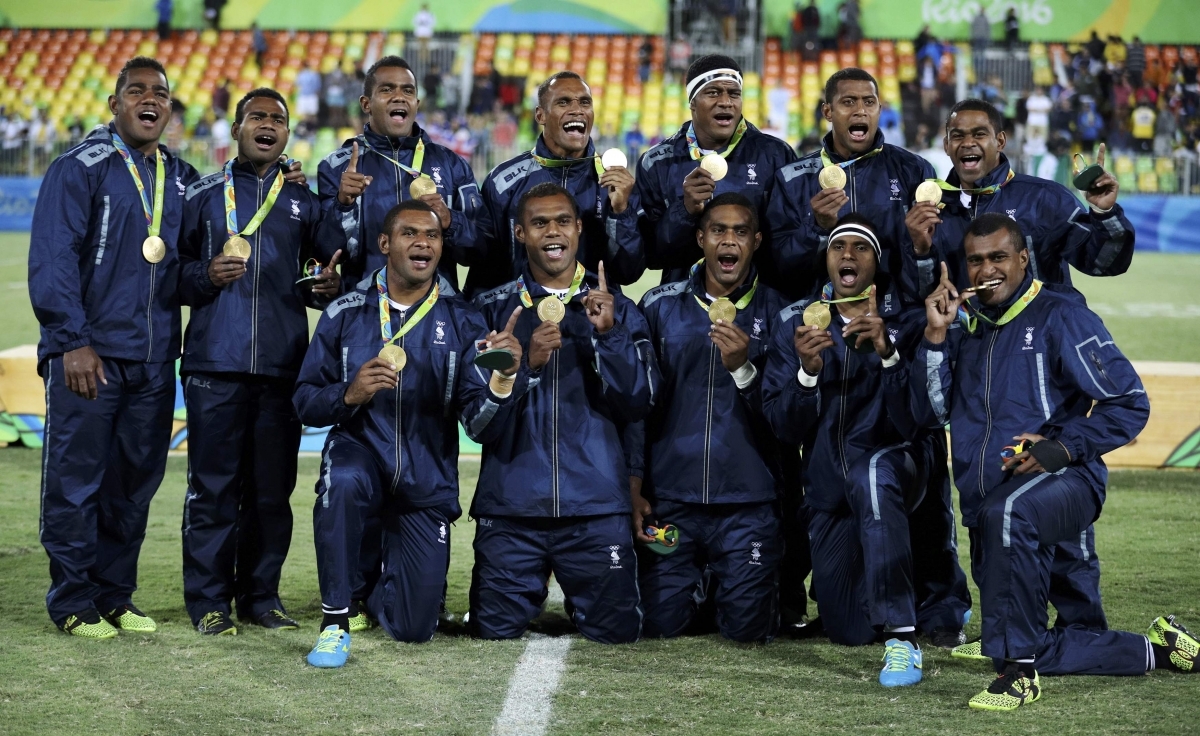Four years ago, the tiny Pacific island country of Fiji won its very first Olympic medal, a gold, when it stormed its way through rugby’s debut year at the XXVI Olympiad in Rio de Janeiro, Brazil. It was a win for Oceania. Now, with less than one year to go to the Tokyo Olympics, it is a good time to reflect on Olympism and what it means for Oceania. Moreover, what could it mean for this fragile and vulnerable region on the planet? With growing issues of the global climate crisis, threats of more frequent and intensifying natural hazards, a long-standing health crisis, and now the COVID-19 pandemic which has been relatively slow and sporadic arriving, but looming nonetheless and wreaking havoc on small island economies, the value of sports through its epitome, Olympism, is a useful vehicle to examine the value and direction of human life and survival on Earth, particularly that of Pacific islanders.
Pacific rugby and legacy of Fiji’s Olympic win bring a measure of equity
There is a lot that a piece of earth and a simple ball can do – none probably know this better than fans of rugby sevens, particularly those who follow it religiously in the Oceania region, the Pacific islands. Sevens rugby, the abbreviated code extracted from the original fifteens, is a smoother, crisper, flamboyant, fast-paced version that thrills as its players display skill, athleticism and the universally recognised, ancient Olympics linked virtues of grace and beauty. The inclusion of sevens rugby in the Olympic portfolio of sport is attributed to several key events and people in both the worlds of rugby and the Olympics. It is easy to lose sight of this as sports management and administration, while known to the sporting world, is seldom of interest to the general public. However, it is critical to document and remember this as collective memory, because of the difference it has made to Olympic participation. After all, the small island states of the Oceania region did not touch an Olympic gold medal until sevens rugby was included in the Games. The advocacy and lobby journey to that end is something the Oceania National Olympic Committees (ONOC) secretariat will hopefully document for its own promising practice, knowledge sharing and capacity building for the future. It will be an important undertaking because it is an exercise in regionalism which the Blue Pacific needs.
To read the whole story, login in to your account or subscribe today.
